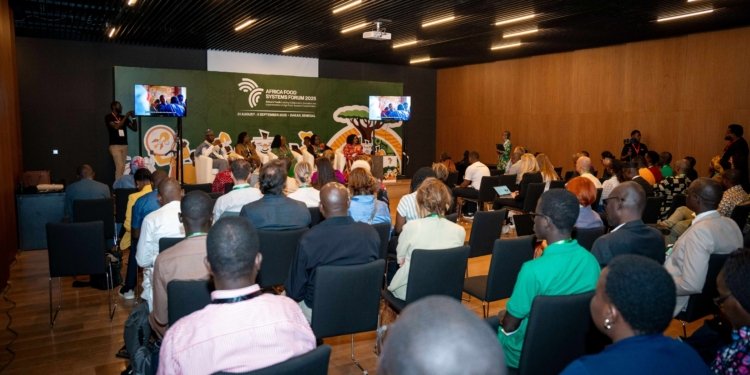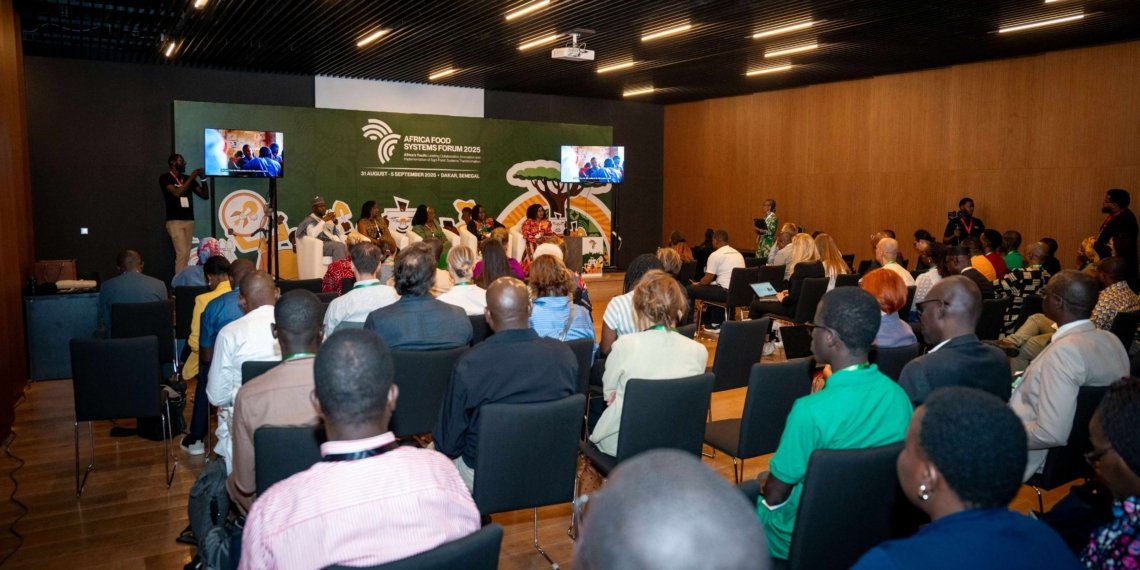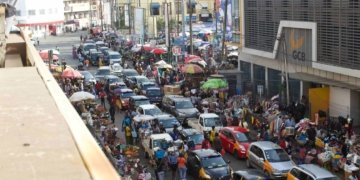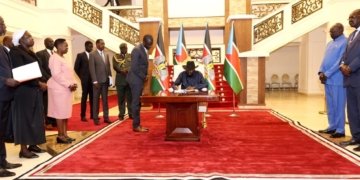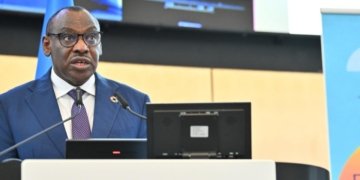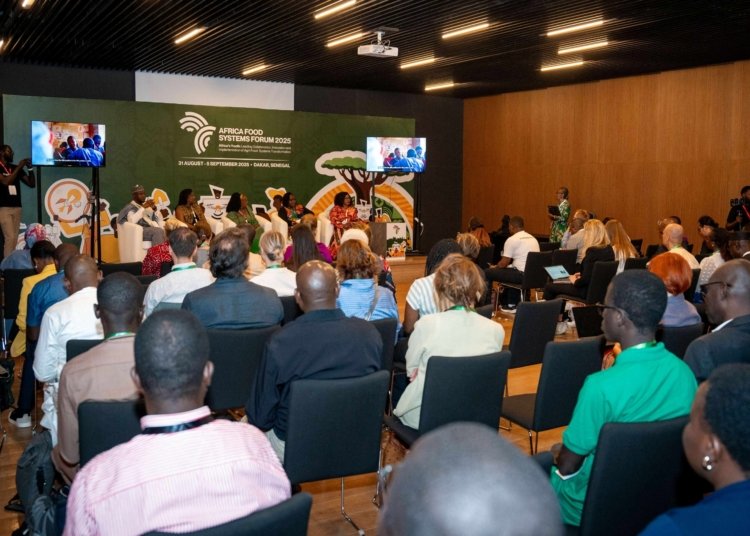Africa needs $100 billion in investments by 2035 to overhaul its food systems, as hunger and undernourishment persist despite record agricultural production, according to the newly released Africa Food Systems Report 2025.
The report was launched Tuesday at the Africa Food Systems Forum 2025 in Dakar, Senegal, and stresses that fragmented efforts will not be enough to address deep-rooted challenges.
“This year’s AFSR is a roadmap for systemic transformation,” said Dr. John Ulimwengu, lead author of the report.
“By aligning investments, strengthening institutions and leveraging innovation, Africa can build inclusive agri-food systems that deliver decent jobs, healthy diets and sustainable growth for all,” he said.
Formerly known as the Africa Agriculture Status Report, the AFSR identifies five strategic imperatives to guide long-term reform.
These include integrating agriculture with health and trade policy, expanding agricultural insurance and climate-smart technologies, and improving governance through decentralized decision-making and better coordination among agencies.
Although Africa leads the world in agricultural output growth, the continent faces rising food insecurity and persistent child stunting.
The report highlights weaknesses across the food value chain that prevent increased production from improving nutrition.
Africa’s infrastructure financing gap, estimated between $67 billion and $108 billion per year, continues to limit market access and food distribution.
Poor roads, inadequate irrigation and insufficient cold storage isolate surplus-producing areas from those facing shortages.
Infrastructure and digital tools seen as key solutions
The report emphasizes the need for infrastructure investments such as railways, cold storage facilities and renewable energy systems to reduce food waste and boost regional trade.
It also recommends adopting digital tools, including AI-powered advisory services and blockchain platforms, to improve transparency and help smallholder farmers access markets and better prices.
To avoid fragmented funding approaches, the report calls for innovative financing models.
Blended public-private partnerships and climate-focused investment strategies could help mobilize the necessary capital.
The findings come as African leaders evaluate progress under the CAADP Kampala Declaration, which outlines targets for agricultural investment, value-added production, expanded irrigation and increased intra-African trade.
Without broad and coordinated reform, the report warns that hunger will worsen despite Africa’s agricultural potential.
